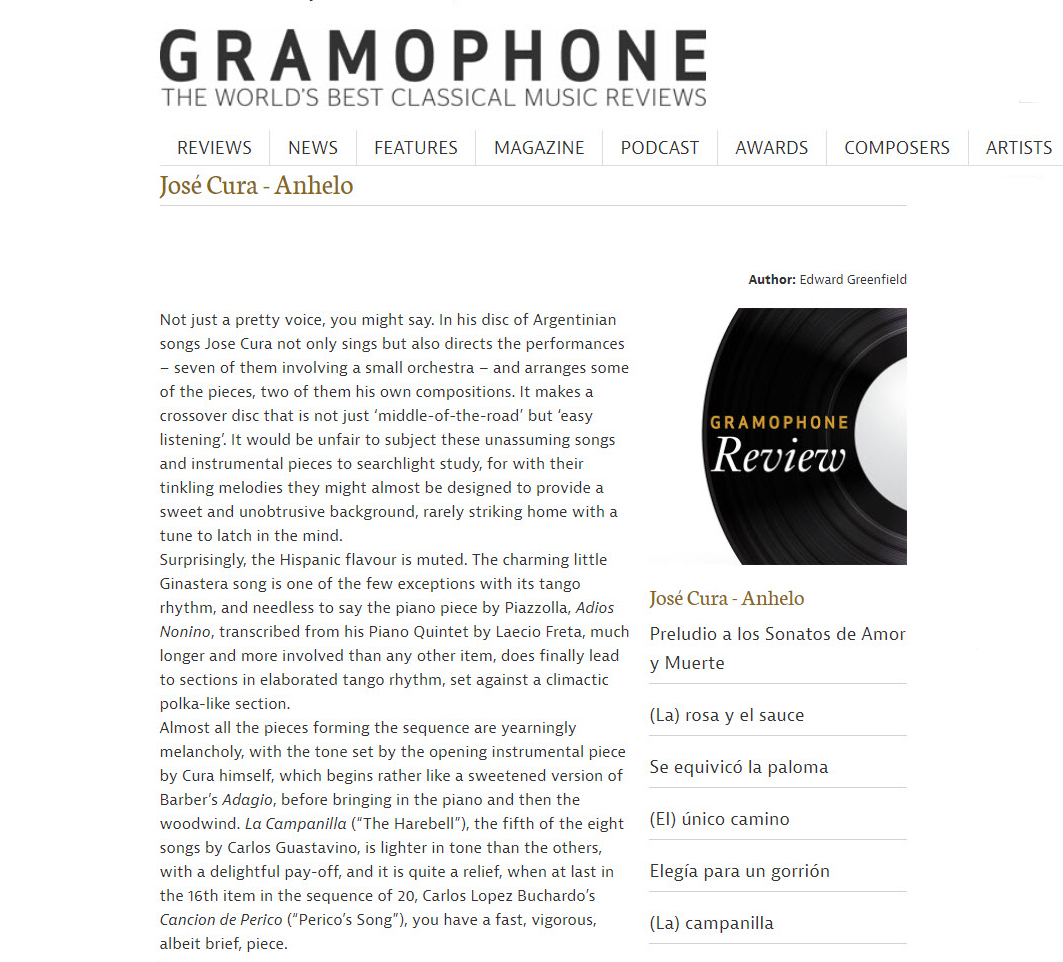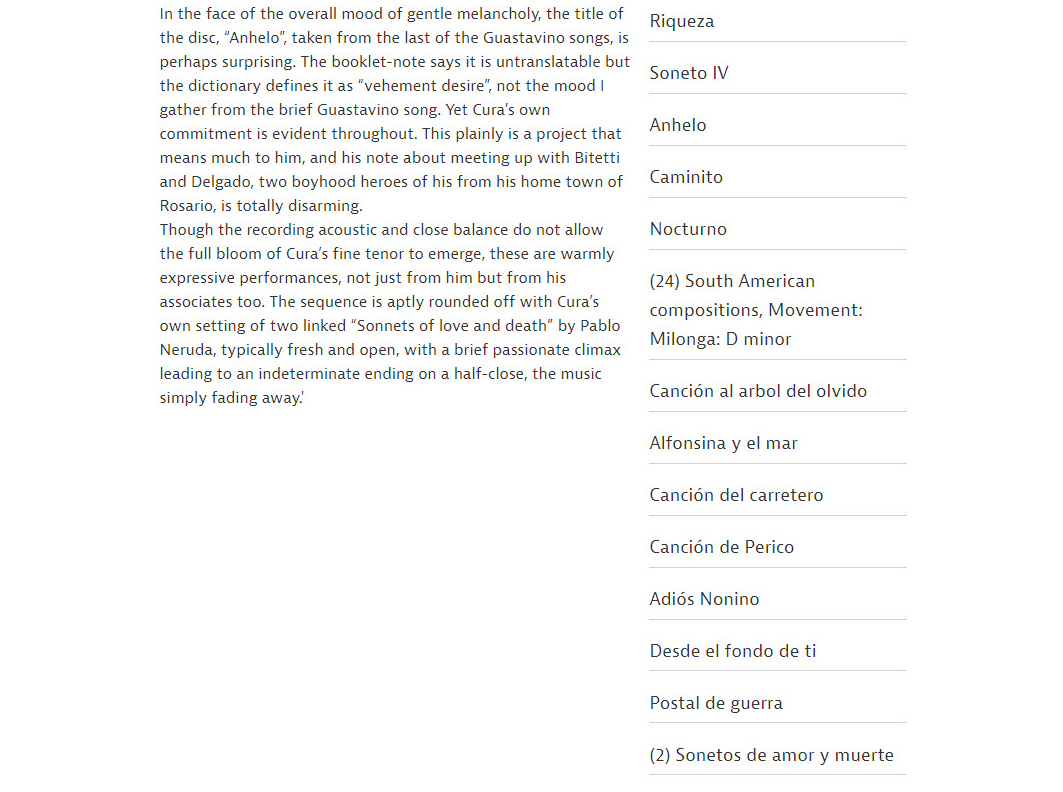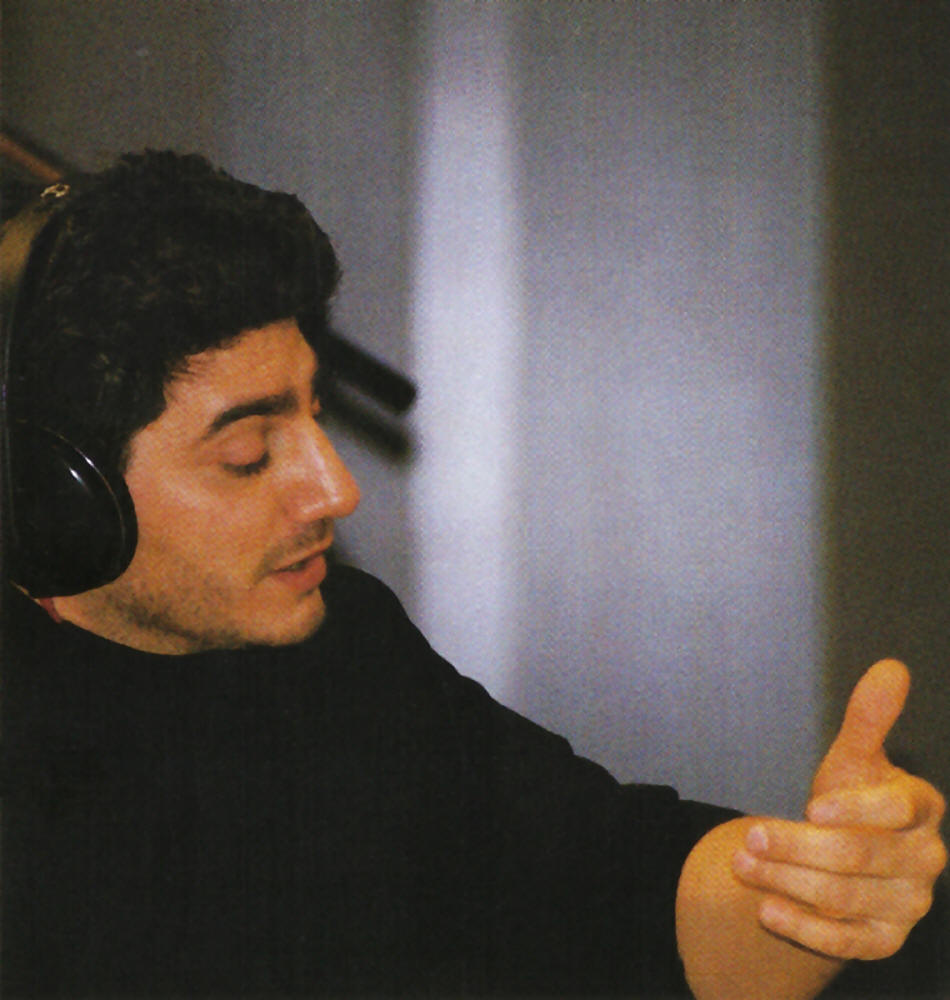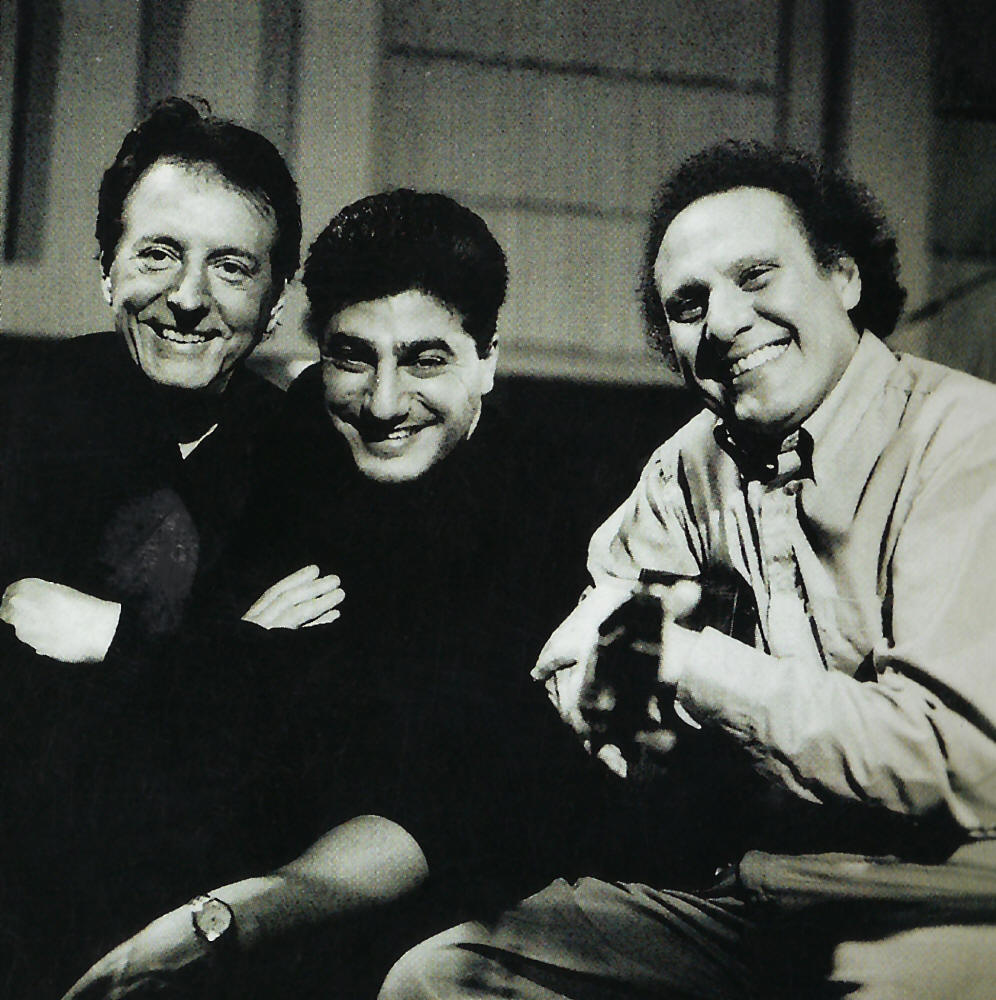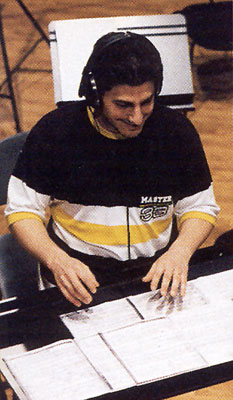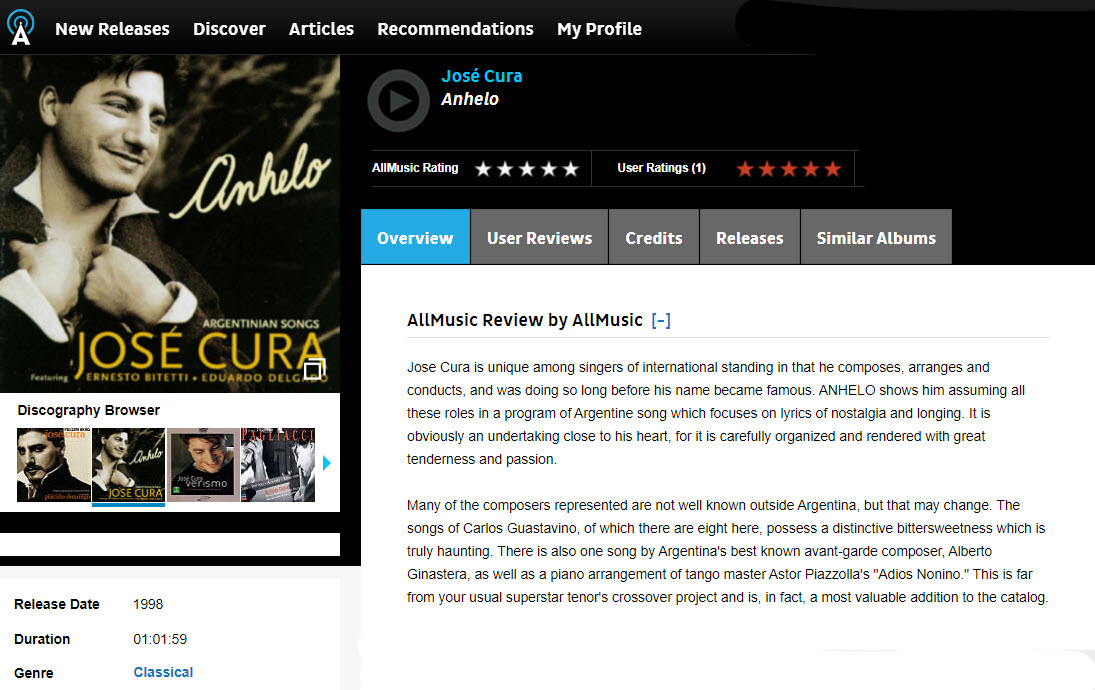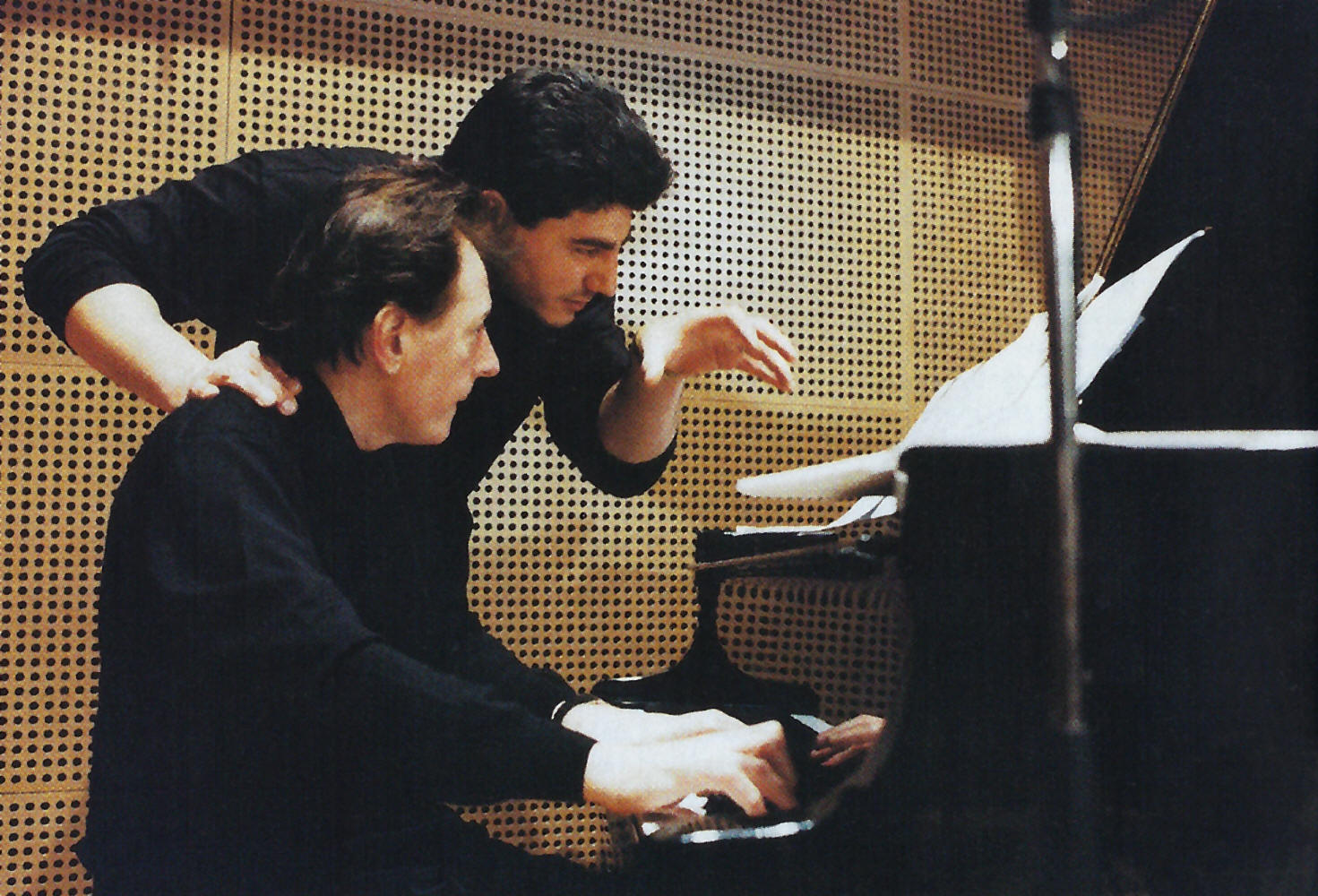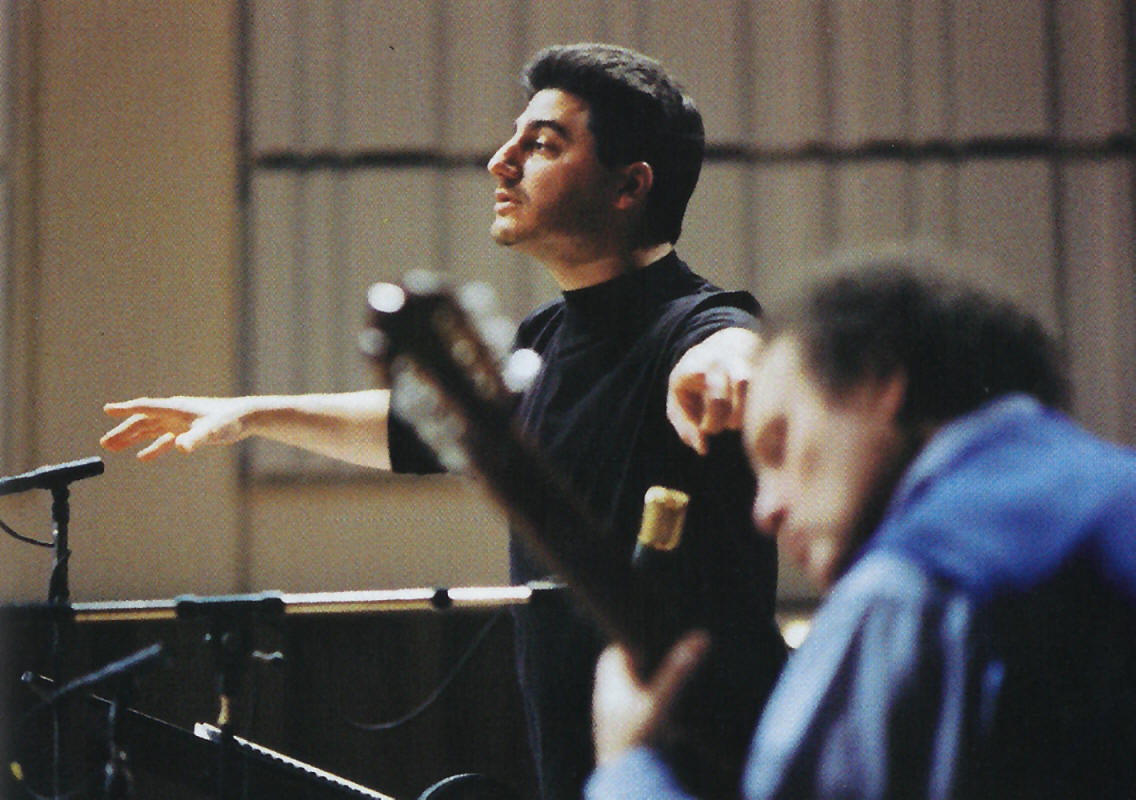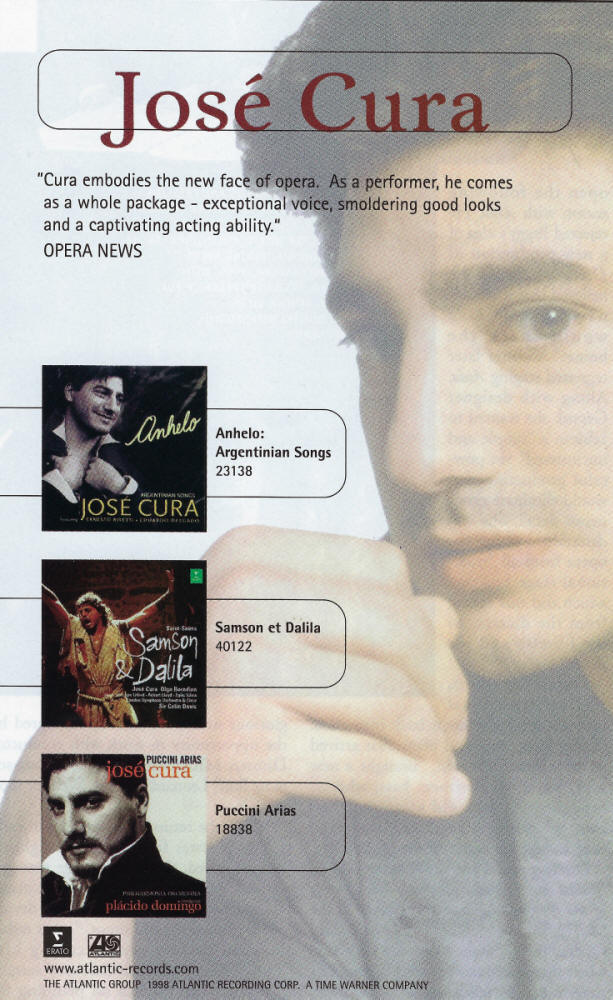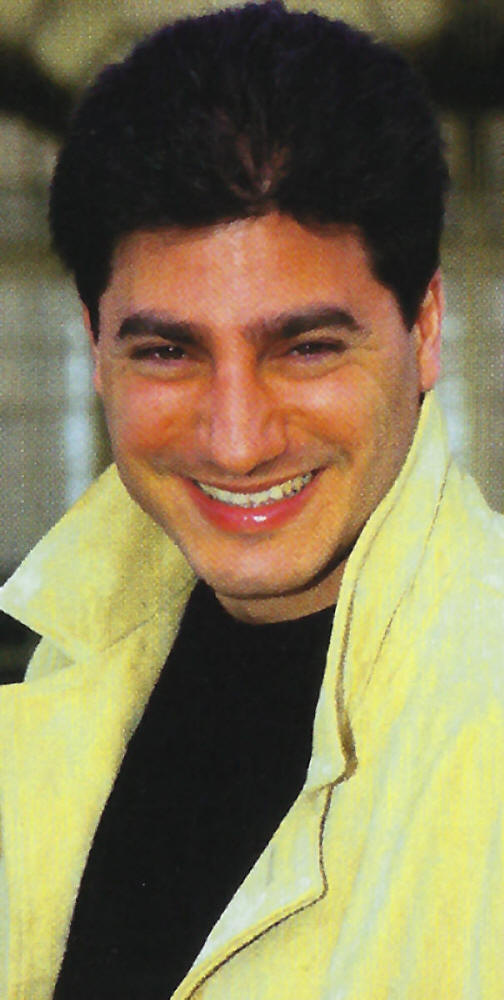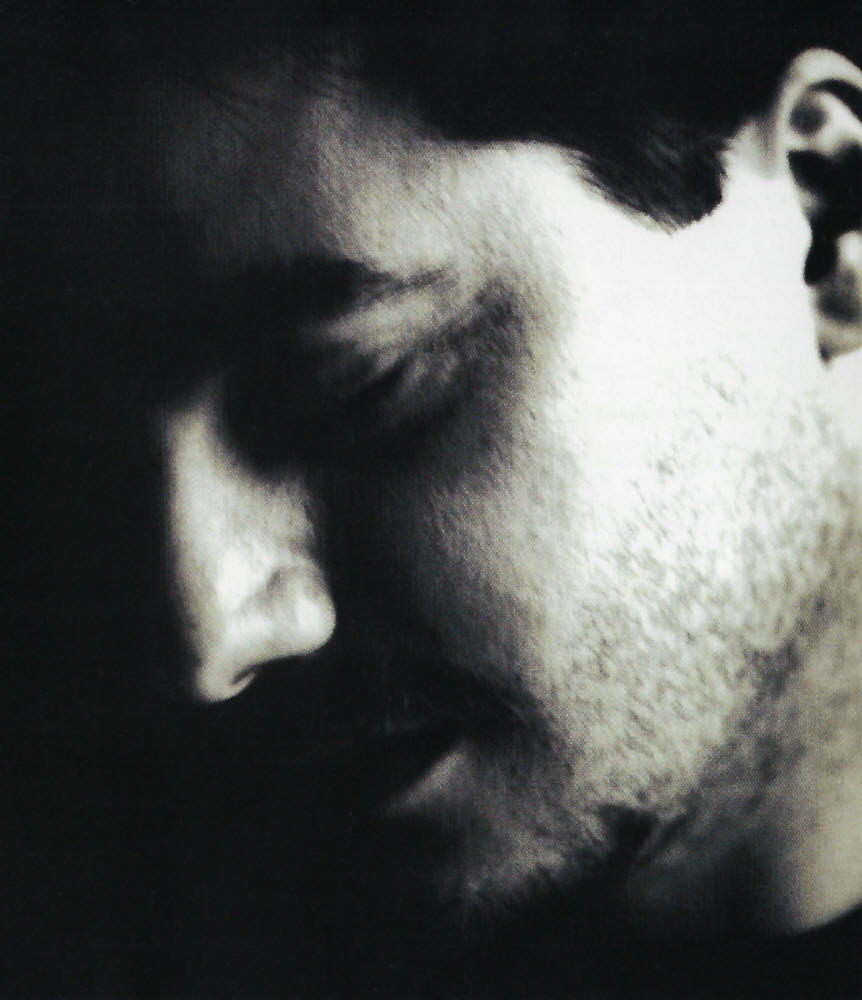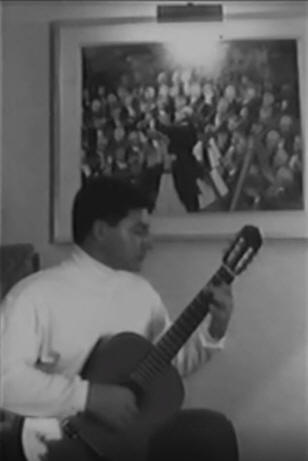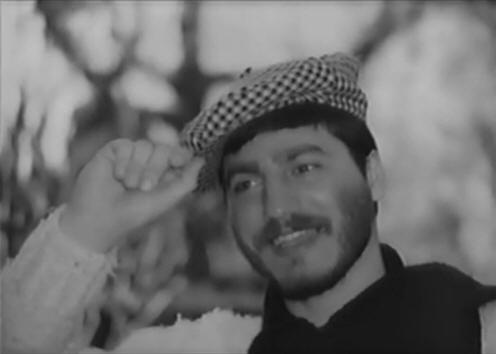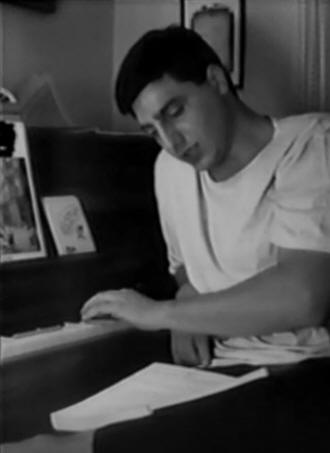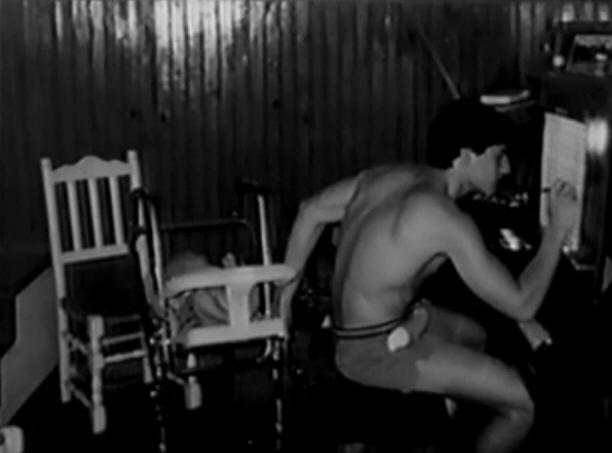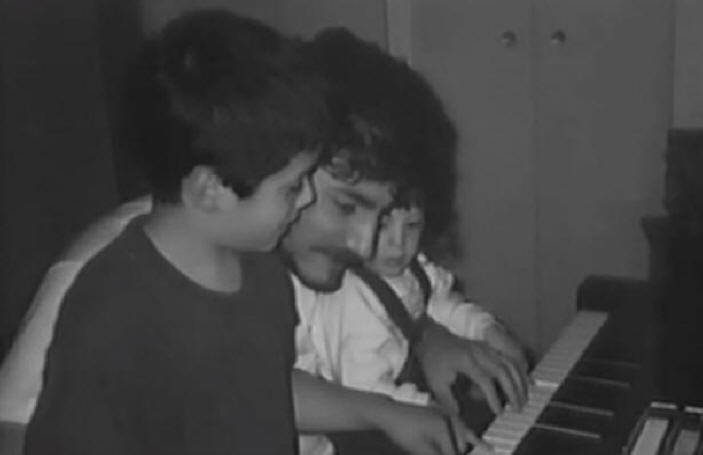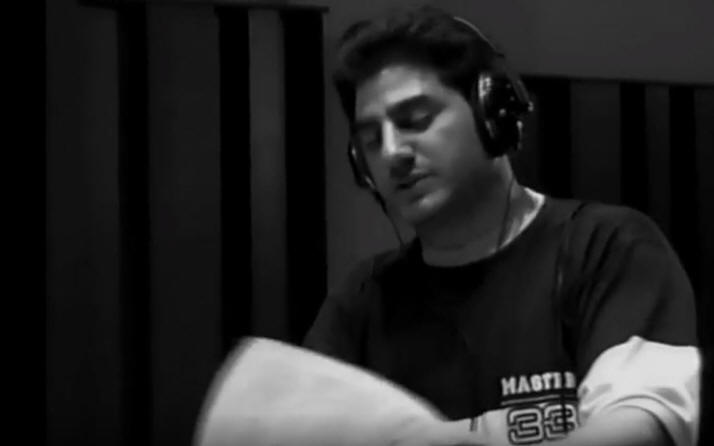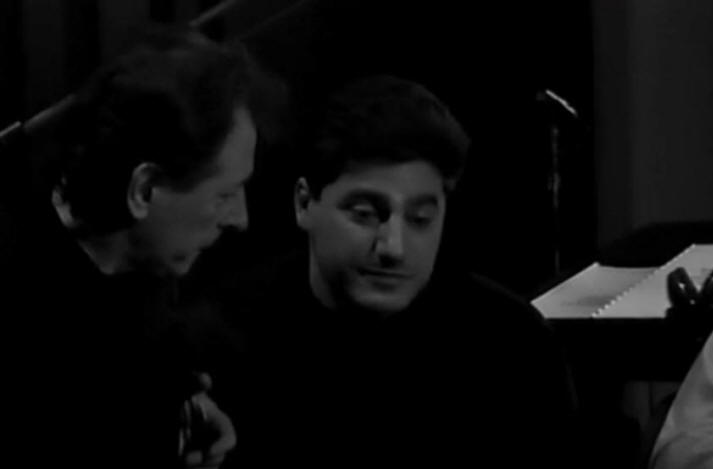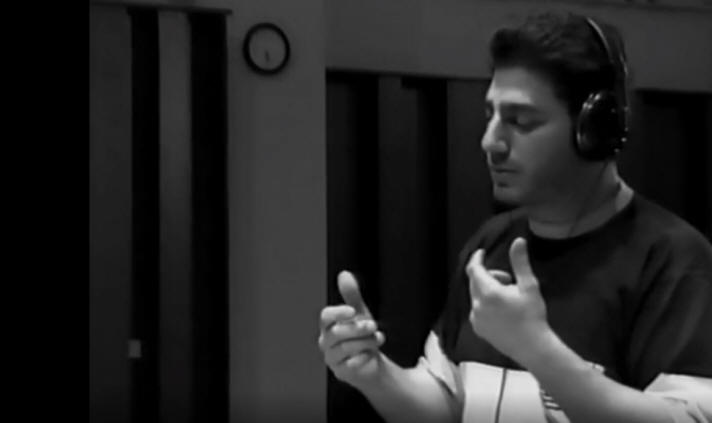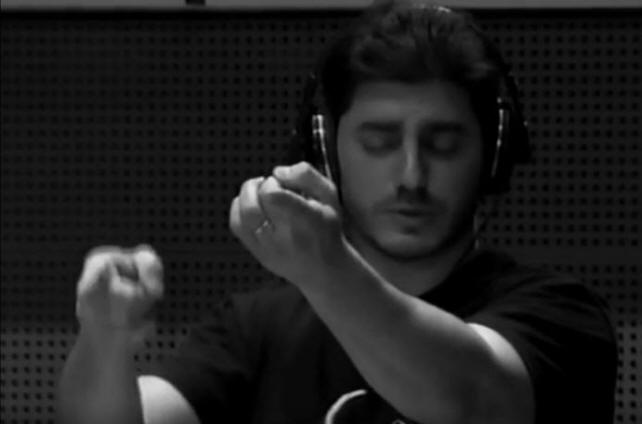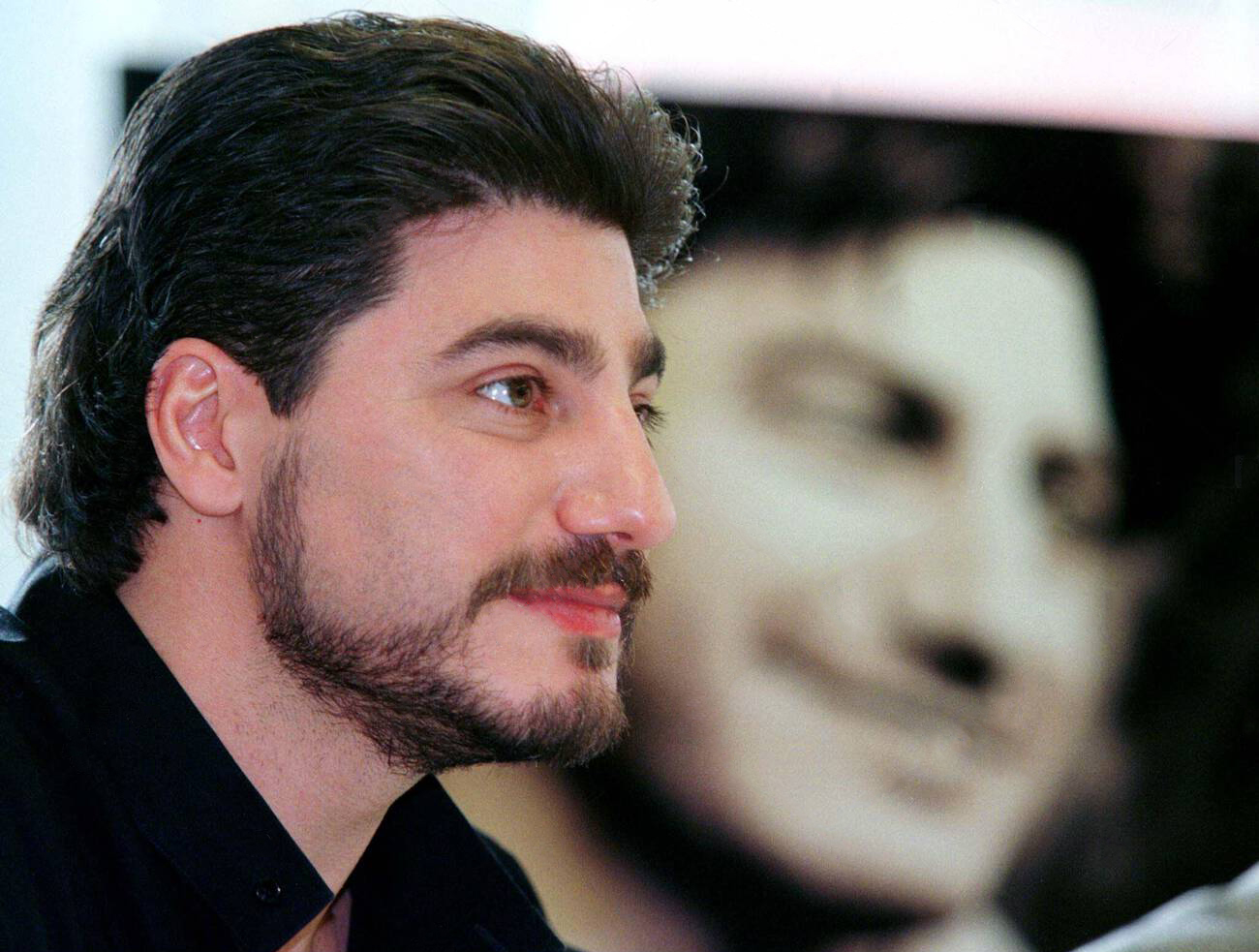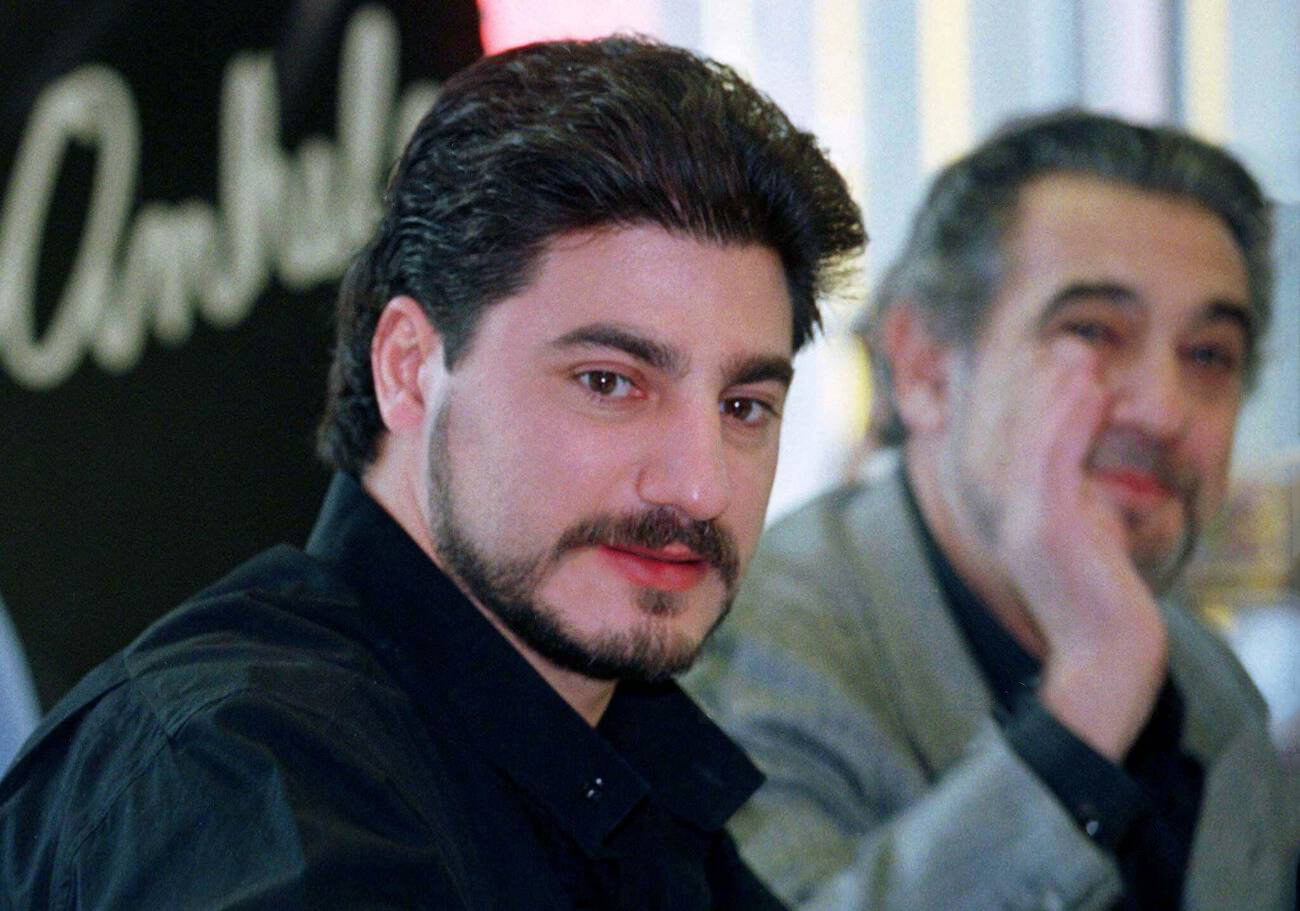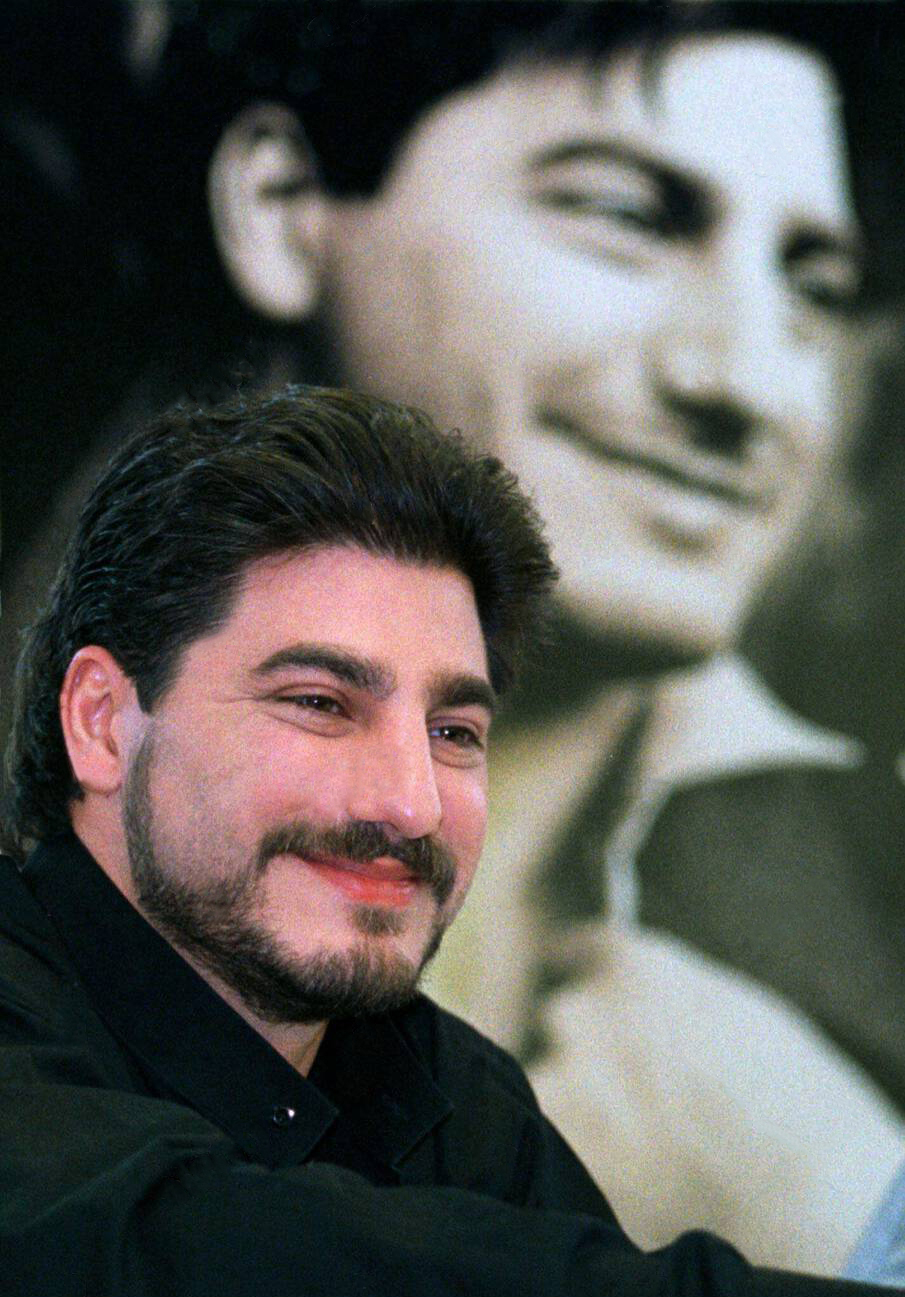|
Review
Highlights
With this recital, Cura underscores impressively that he
is no doubt the most accomplished musician among his tenor
colleagues at present. Whoever is willing and able to come
to terms with this music and its texts will surely be enthusiastic
about this CD. Opernglas
With a mature range of coloring and power at the core, the
Argentinean José Cura stands at the threshold to world fame.
Cura makes his own, tasteful arrangements (and compositions!)
exercises in understatement- and lets the beauty of his
voice take effect. Scala Nr.5/98
José Cura is unique among singers of international standing
in that he composes, arranges and conducts, and was doing
so long before his name became famous. Anhelo
shows him assuming all these roles in a program of Argentine
song which focuses on lyrics of nostalgia and longing. It
is obviously an undertaking close to his heart, for it is
carefully organized and rendered with great tenderness and
passion. Many of the composers represented are not well
known outside Argentina, but that may change. The songs
of Carlos Guastavino, of which there are eight here, possess
a distinctive bittersweetness which is truly haunting. There
is also one song by Argentina's best known avant-garde
composer, Alberto Ginastera, as well as a piano arrangement
of tango master Astor Piazzolla's Adios Nonino.
This is far from your usual superstar tenor's crossover
project and is, in fact, a most valuable addition to the
catalog. CDConnection
Anhelo
on the Erato label is a wonderful collection of traditional
folk songs performed by the Argentinean tenor, José Cura.
Not the usual cross-over recording that is quite prevalent
these days, this was a major under taking where Cura not
only conducts and provides the arrangements for the orchestration,
he also composed two of the songs and the opening orchestral
introduction. Joined by guitarist, Ernesto Bitetti and pianist,
Eduardo Delgado, both known from childhood, Cura's voice
captures the beauty of these songs usually with very sparse
arrangements, highlighting such instruments as recorders,
clarinet and bassoon. These are songs that deserve to be
more widely known. Cura's love for this music is evident
and one cannot help but be caught up with the beauty of
the music on this disc. Japan Traveler Magazine
Almost
all of the pieces forming the sequence are yearningly melancholy,
with the tone set by the opening instrumental piece by Cura
himself....Though the recording acoustic and close balance
do not allow the full bloom of Cura's fine tenor to
emerge, these are warmly expressive performances, not just
from him but from his associates too. Gramophone
Magazine
Though Anhelo has attracted less attention
than Cura's debut disc of Puccini arias, this hypnotic
recording is one of the finest vocal recitals of recent
years... Cura scales down his beefy voice to a lithe, translucent
instrument, delving with the soul of a poet into texts by
Pablo Neruda and other great writers. American
Record Guide
José Cura is unique among singers of international standing
in that he composes, arranges and conducts, and was doing
so long before his name became famous. Anhelo
shows him assuming all these roles in a program of Argentine
song which focuses on lyrics of nostalgia and longing. It
is obviously an undertaking close to his heart, for it is
carefully organized and rendered with great tenderness and
passion. This is far from your usual superstar tenor's
crossover project and is, in fact, a most valuable addition
to the catalog. AllMusic
José Cura's first crossover disc, Anhelo,
is quite the exception. The tenor not only sings but has
orchestrated and conducted several numbers as well, which
is only the most tangible evidence of the thought and feeling
he's put into this. The emphasis is on ballads--which
is only fitting for an album whose title intense, suffocating
desire--though there are also folk-like songs and instrumental
cuts, one of which Cura composed himself in a neo-Puccinian
style. Some of the songs have orchestrations, but the instrumentation
is mostly spare: often acoustic guitar or piano and, in
one cut, only solo voice. Clearly, this disc didn't
just arise out of a career strategy but as a sincere desire
to communicate. And it does-- Amazon Review
This is a classy production; the wistful, whimsical lyrics
of these featherlight songs are by the greatest of Spanish-language
poets-Neruda, Alberti, Quevedo-the instrumentals are crisp
and clean and the original compositions, a three-minute
instrumental prelude and settings of two of Neruda's
Sonetos de Amor y Muerte catch the mood of tender
melancholy to perfection.
Gorgeous from start to finish… The Irish Times
In this exquisite CD of Argentine music, you will not hear
José Cura sing with the full power of his magnificent operatic
voice, but rather with a gentle beauty that is captivating.
He shows us his heart in these songs, and what he is capable
of doing artistically as well as his commitment to excellence,
beyond his career as an international opera superstar.
Wrapping his big, rich, meltingly warm barti-tenor voice
around each ballad of heartache and romantic longing, Cura
beautifully conveys the emotion at the heart of the song;
its meaning comes clear even for us listeners who aren’t
up on our Spanish. Especially impressive are his top notes,
which he deploys either forcefully or very soft and intimate,
like a lover’s whisper in one’s ear. Simply put, Anhelo
is a beautiful album and one which deserves a place any
serious music lover’s collection. MusicDownload
The credits after his name say it all. What can’t
this rising young tenor do? Anhelo is
translated as a hope or desire so intense that is suffocates
or torments. All of these songs from Argentina have
that in common, but Cura and guests perform them with such
grace, elegance, and naturalness that the agony is sweet
indeed. Wet Paint
With a hauntingly inviting orchestral prelude of his own
composition, tenor José Cura transports us to his native
Argentina. Despite some recognizable influences—Faure
, Schubert, Puccini—the widely varied selections on this
enchanting recording, all by Argentinian composers of this
century, have a distinctly “south of the border” flavor.
The raw naturalness of Cura’s dusky tenor, the poignant
tugs away from tonality and the pastorally poetic texts
conspire to capture the shifting moods and colors of
anhelo. This is a captivating introduction to
the Argentinian song repertory. Opera News
Cura emerges as a comprehensive musician, who aside from
singing, is also responsible for the orchestrations and
some conducting and composing, too. But it is above
all his creamy tenor, a most welcome guest at the leading
opera houses of our time, which captures you from beginning
to end. This rewarding album contains some great Latin
American music performed with sincerity, aplomb and vocal
panache. Cura emerges as a great singer who pays a
graceful tribute to his own musical traditions.
Jerusalem Post
The handsome young singer is a true triple threat:
in this attractive collection, he sings, conducts and arranges—in
one instance, he even composes! Alternating warm orchestral
settings with guitar and piano, Cura presents a dark, low-ranging
tenor that brings an immediacy and communicativeness to
these songs, convincing the listener that many of them belong
in any recitalist’s basic repertory. Denver Rocky
Mountain News
José Cura in laid-back, easy-listening mode. His fans
will want this disc. Classical Net
|
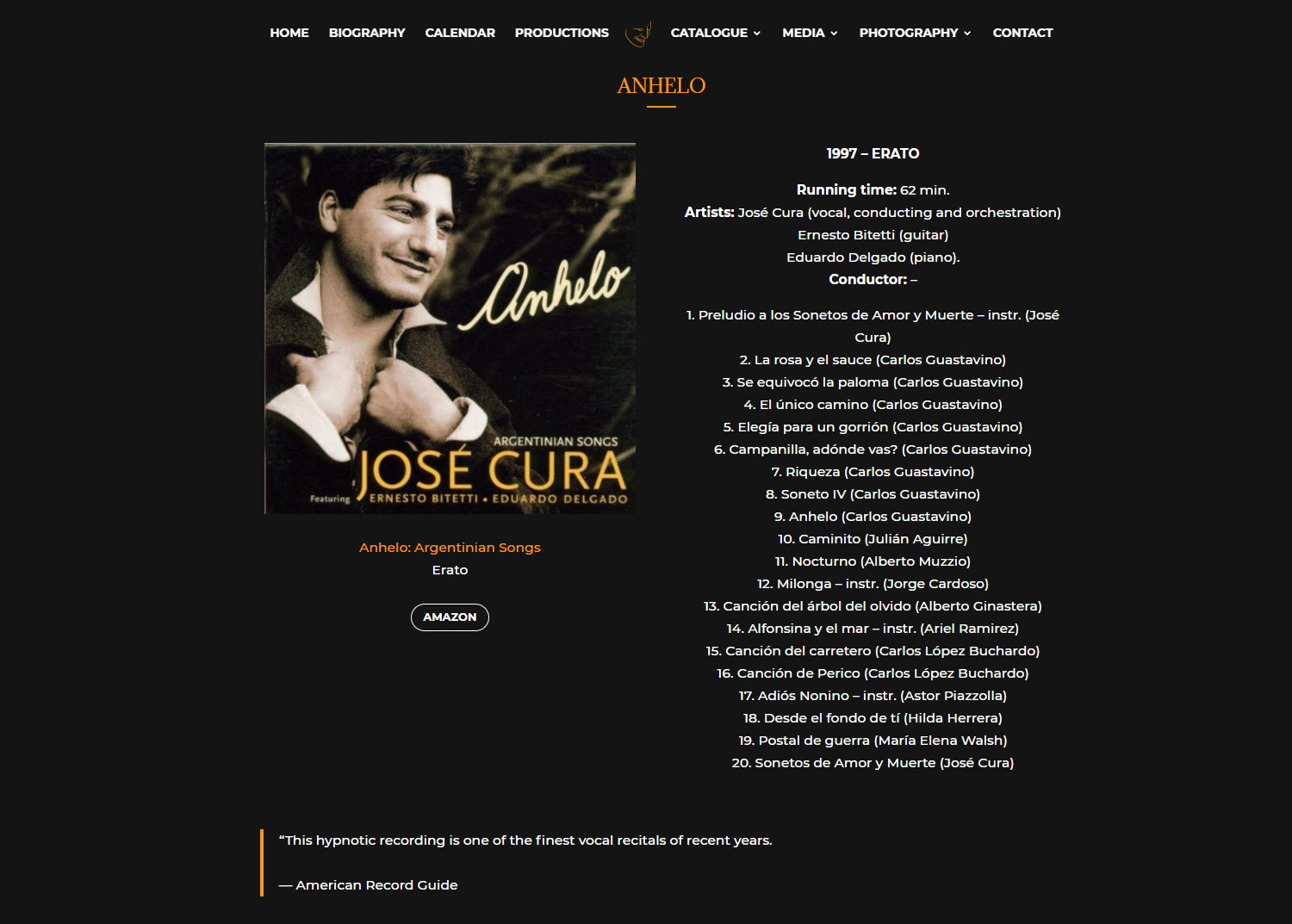

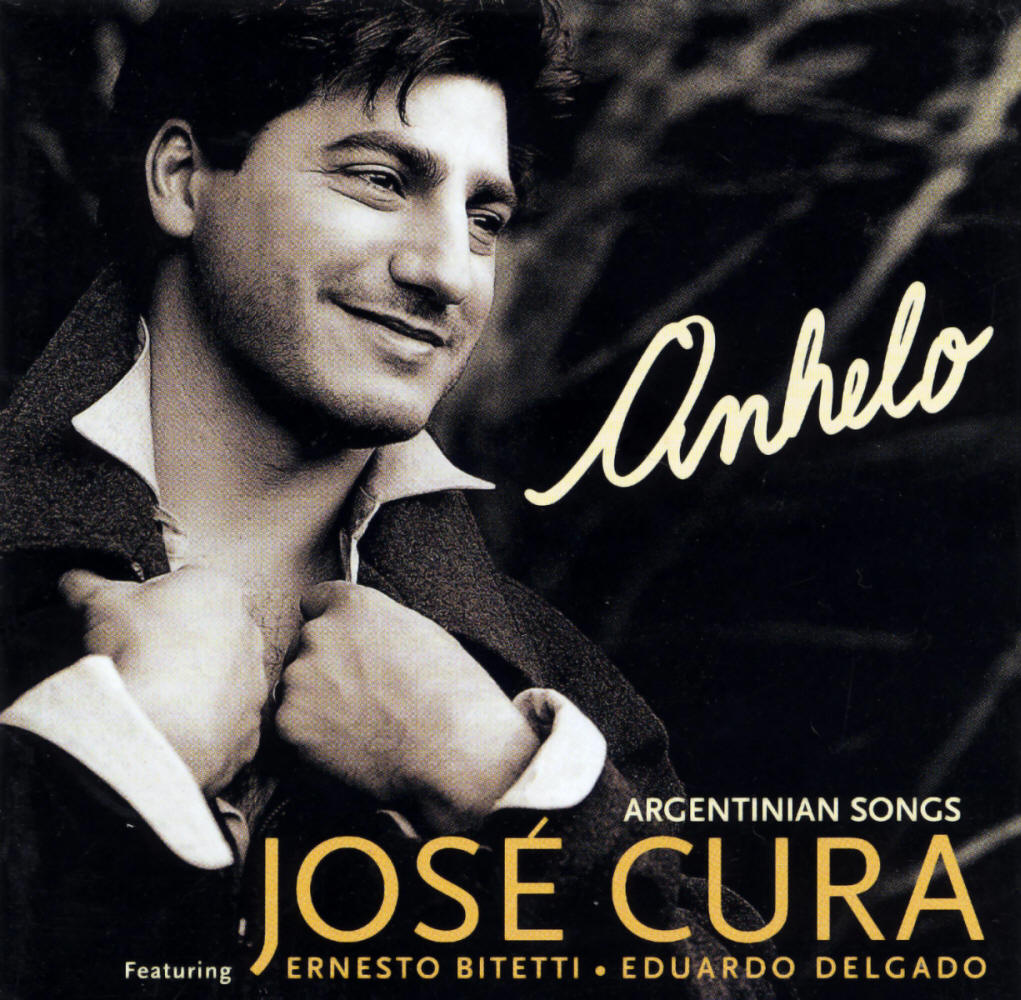
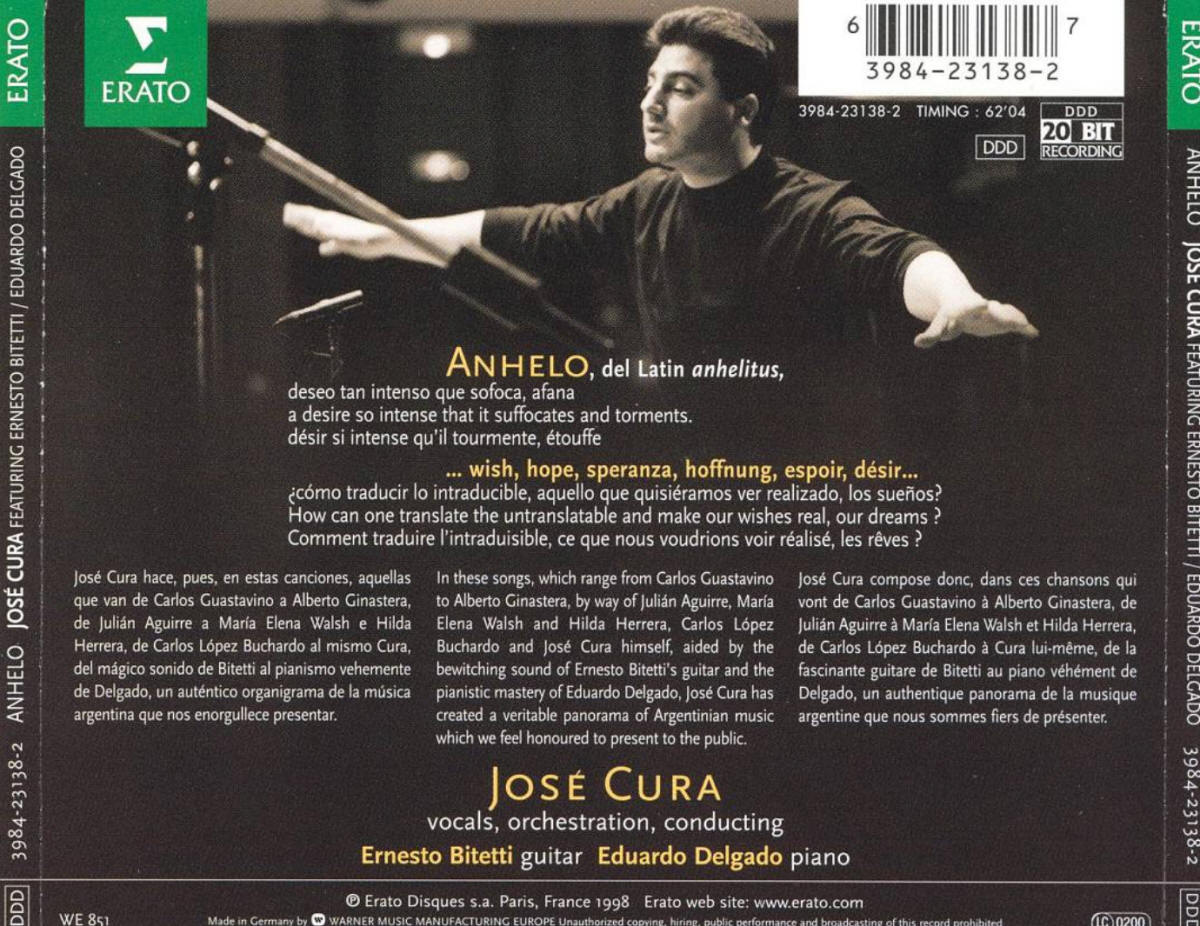
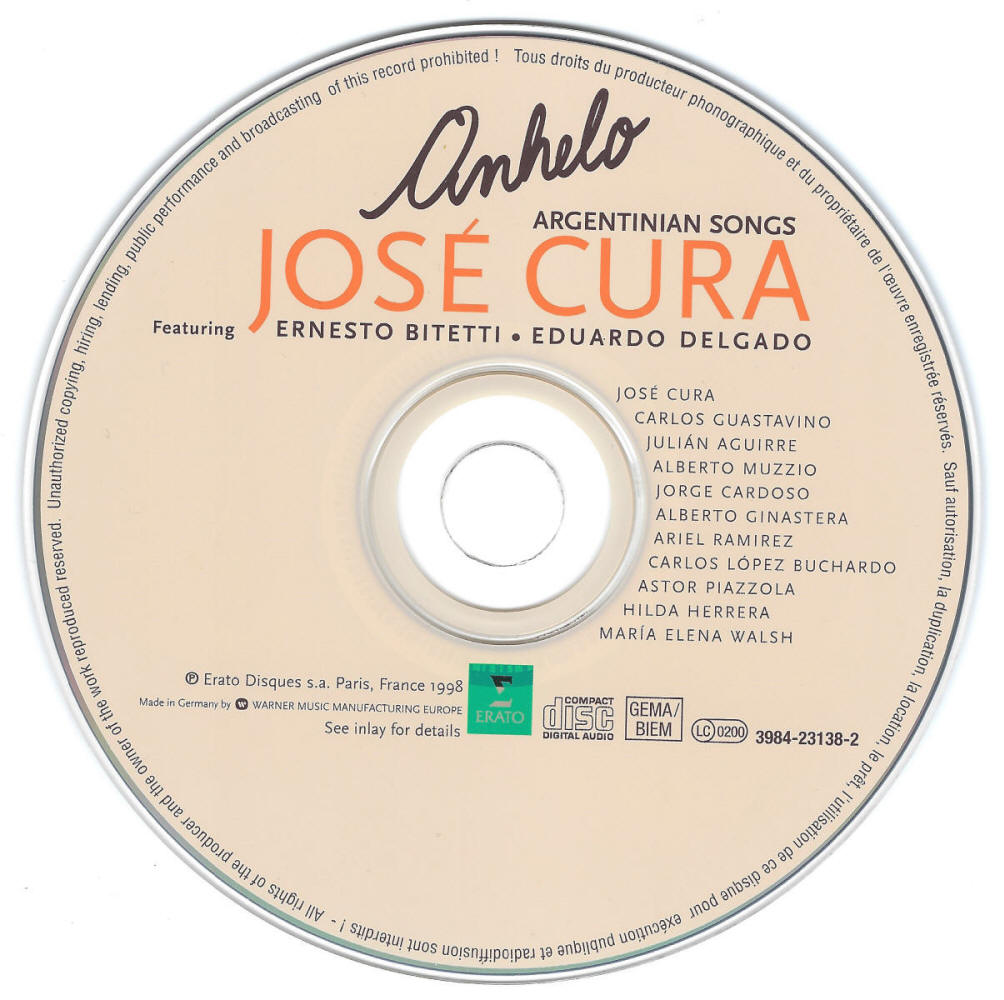
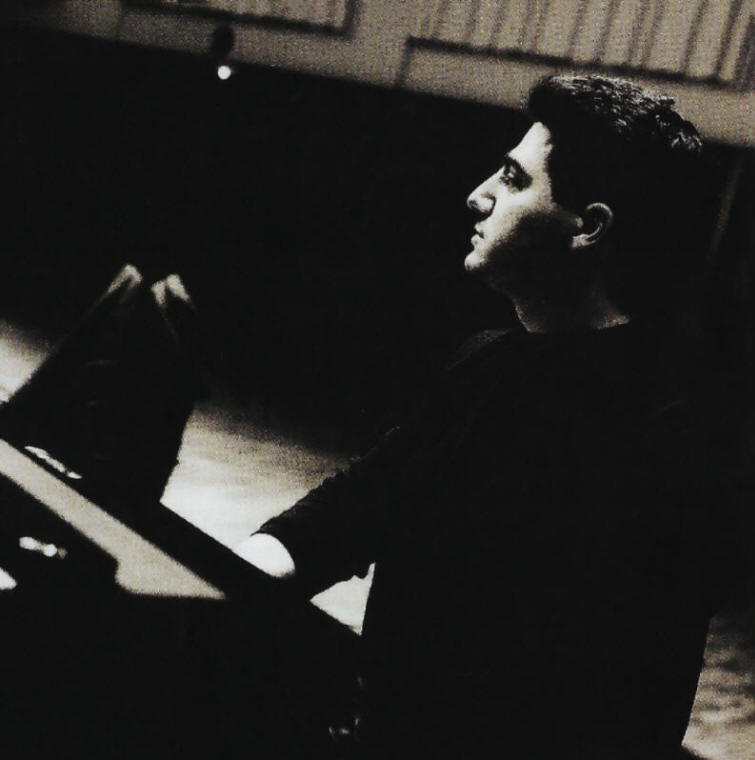
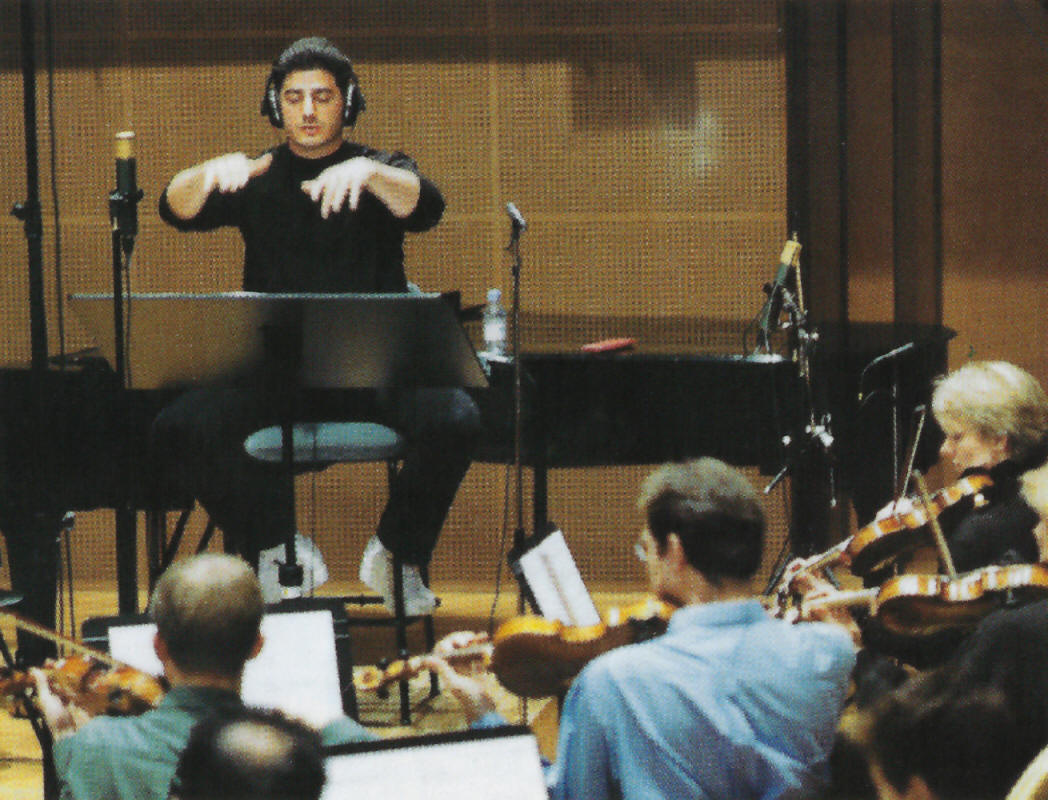
.jpg)
